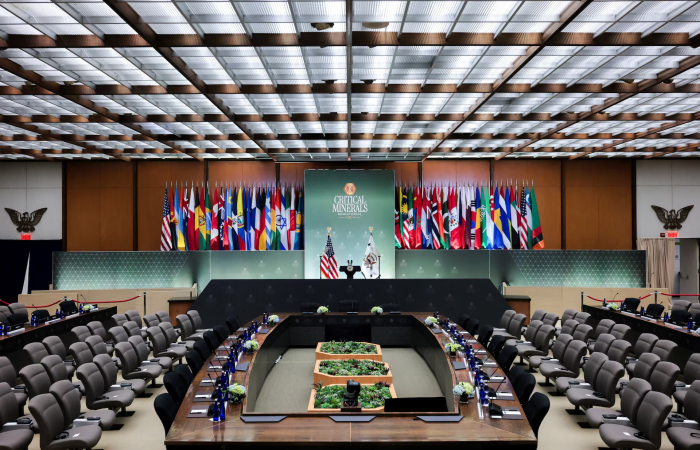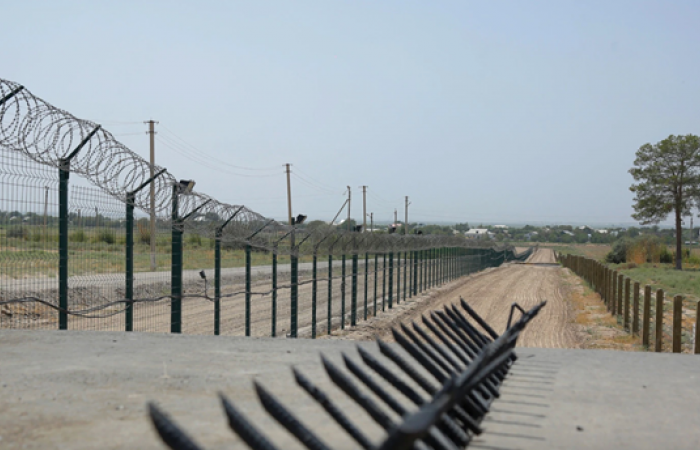Trending
B5+1 in Bishkek and critical minerals in Washington
6 February 2026
On Wednesday, February 4, the Kyrgyz government, in coordination with the Center for International Private Enterprise (CIPE), kicked off a two-day B5+1 business forum in Bishkek. This meeting was announced back in December and covered in a previous Central Asia Concise newsletter. As a reminder, the B5 + 1 format is supported by the U.S. Department of State and aims to foster relations as well as high-level engagement between government and business leaders to ultimately advance U.S.-Central Asia economic cooperation in the region. The B5+1 serves as the business counterpart to the political level C5+1 format. Crucially, the C5+1 was traditionally held between Central Asian and U.S. foreign ministers but recently took place at the heads of state level at the White House in November 2025. The December Central Asia Concise newsletter noted that the upgrading of the C5 + 1 not just shows increased U.S. interest in the region but may indicate if the U.S. is serious about translating its general policy objectives of increasing economic cooperation with the region to concrete outcomes and collaboration with key regional business stakeholders. Although the 2-day forum has not yet concluded, the unprecedented size and prominence of the U.S. business delegation, including over 50 representatives from major corporations, all but confirms this interest. In a commentary on CENTRAL ASIA CONCISE, the commonspace.eu editorial team says that an underreported development last month, but a contextually important one, was Kazakhstan’s Mazhilis (lower house of parliament) accepting two draft laws regulating the activities of the Collective Security Treaty Organization (CSTO). According to Mazhilis deputy Aigul Kuspan. The first law ratifies the amendments to the Agreement on the Status of Forces and Assets of the CSTO Collective Security System that expand the grounds for sending formations to the territory of the participating member states, including crisis prevention, humanitarian assistance and surprise inspections, whereas the second law looks to improve the legal framework for military transportation. Considering the increasingly hostile rhetoric from Russia, the accepted draft laws should certainly raise questions in Kazakhstan’s parliament as well as civil society. Vladimir Solovyov does not speak for the Russian state, but his shows have a clear track record of often floating narratives, talking points, and rhetoric that later become Kremlin policy, most famously framing Ukraine’s government as a corrupt ‘nazi’ infested regime oppressing its people. Overall, for Central Asian countries, which are still dependent on Russia in numerous ways, their response to this rhetoric, but more importantly, any forging of new economic ties, on critical raw minerals, for example, will be important to redefining their relationship with this historically imperial neighbour.





